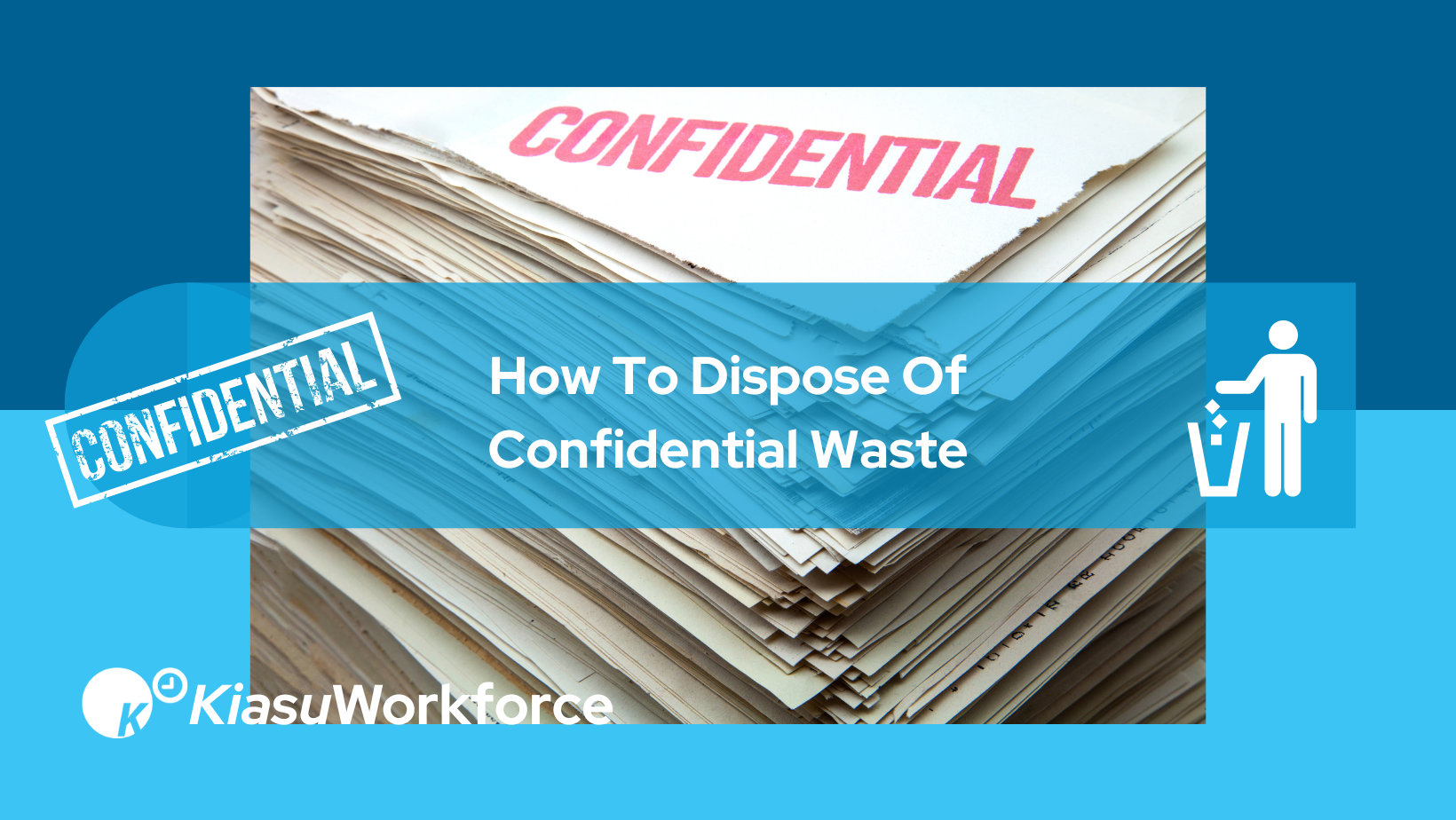Air conditioning services are a useful tool to improve employee concentration in the workplace, regulate the temperature of your business premises and keep occupants comfortable. Internal air conditioning keeps your environment healthier and can even help with asthma and allergies.
Conditioning units will filter the air in your premises, and remove dust, bacteria and excess humidity (which can cause the growth of mould). However, these benefits only apply to a working system, so it’s important to service your units regularly!
Here is a useful list of common air conditioning problems, and how to fix them.
Blowing Warm Air
If the air coming from your air conditioning machine isn’t as cold as it should be, then you may have a refrigerant leak. This leak often starts like a pinhole, but over time will develop and expand, and become a larger problem. It’s vitally important that you handle a refrigerant leak as soon as you notice it, as immediate action will save you a lot of hassle later on.
Not to mention, the substance escaping the holes in a refrigerant leak is toxic, and can be detrimental to health. Refrigerant leaks must be handled urgently by a professional offering reactive maintenance call-out services. Handling the chemicals inside your air conditioning machine could have a fatal effect without the correct equipment, and the leaks deplete the ozone layer while being unsafe for the immediate environment.
Another good indicator that a refrigerant leak could be occurring is a foul smell escaping the vents of your machine, so make sure to check the scent regularly. If you have any suspicions at all, contact an air conditioning technician. It’s better to be safe than sorry.
Increased Energy Usage
Sometimes your air conditioning unit may still be providing cold air, but the actual machine feels hot to the touch. This isn’t the ideal case, because it indicates that your conditioning unit is overworking. An overworking machine will require more power and will be more expensive to keep running. If you’ve noticed you’re paying more in utility bills, it can be worth checking your machine out.
The problem here is likely that the filter of your machine is clogged or dirty. The air entering and leaving your machine has less space, and so requires more energy to suck in or push out. It isn’t always the case, but the cold air being offered by your machine may also be less cool than usual when your filter is dirty. The biggest indicator is your unit being more expensive to run.
To clean the filter of your air conditioning unit, you can physically remove it and run it under warm water. As soon as it’s dried, reinstall it to your system and note if you see a change. If you can’t see a noticeable improvement and your machine is still consuming a lot of energy, it could be time to purchase a new filter as a replacement. A handyman is a final resort if that doesn’t work.
Making Strange Noises
If your air conditioning unit is making an unusual buzzing or banging noises that you haven’t noticed before, it’s likely an indicator of an internal problem. This can be due to a malfunctioning compressor, missing or damaged isolation feet, loose parts, or perhaps because your unit is frozen. A leak usually causes a frozen unit, so this cause is less likely if your air conditioning isn’t blowing hot air.
The compressor in your air conditioning unit is supposed to pressurise and cool the refrigerant. A buzzing sound likely means your compressor isn’t working quite properly, or that the voltage flowing to your machine isn’t at the correct level. A banging sound is more likely to be loose parts in your unit, but buzzing can also occur since the other parts of your system will be working harder to keep your machine running in the absence of your loose parts.
Since these strange noises are hard to understand without familiarity, it’s worth calling a professional to see what the problem is. You can’t assess your units perfectly yourself, and taking them apart is a risky game unless you’re qualified.
For professional air conditioning unit repair and further advice, please contact us at Kiasu Workforce.




